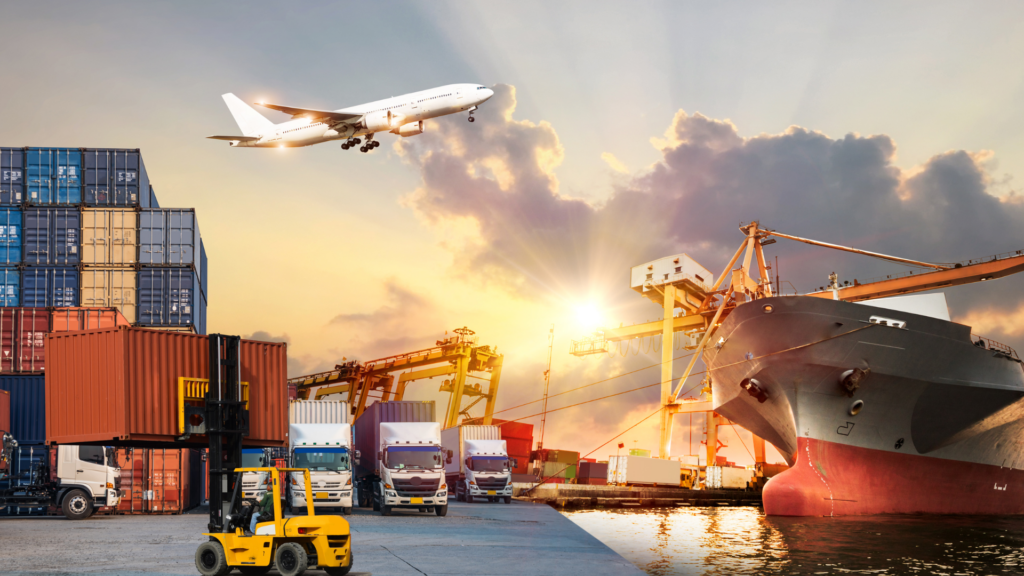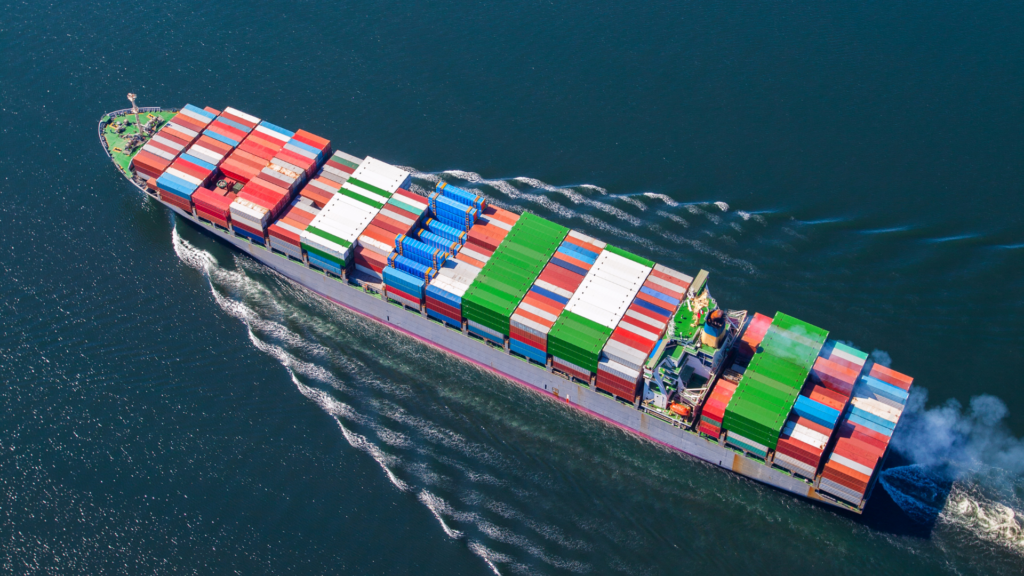Rising Costs, Disrupted Schedules, and OSRA Update.
Your weekly All-Ways round-up of Supply Chain news.
Geopolitics Turn Pricing
During the pandemic, carriers had the upper hand when it came to pricing. With destocking occurring in the last year and the unpredictable economy, prices dropped all around.
That cost relief seems to have been temporary as carriers take advantage of the unfolding situation in the Red Sea. Spot rates from India to the US East Coast have almost doubled in the last week.
The US created an international naval task force to provide security for commercial ships in the region. However, risks have not been completely eliminated. An MSC container ship came under fire a mere few days after Maersk and CMA CGM announced they would resume service through the region.
“The vessel informed a nearby coalition task force warship of the attack and as instructed engaged in evasive maneuvers,” MSC said in a statement. “Currently, all crew are safe with no reported injuries and a thorough assessment of the vessel is being conducted. Our first priority remains protecting the lives and safety of our seafarers, and until their safety can be ensured MSC will continue to reroute vessels booked for Suez transit via the Cape of Good Hope.”
Effects of Diversions
The ripple effects of diversions because of the security risk in the Suez Canal and the drought in the Panama Canal are becoming more and more challenging as time passes.
➡️ Spot rate increases, GRIs, and surcharges because of longer transit time will raise shipping costs.
➡️ Panama Canal’s limited number of daily ship transits and carriers omitting key ports in Central and South America are posing challenges for shippers in Asia and Brazil. Congestion and extra transit times are causing delays to the US East Coast of up to one month.
➡️ If too many ships arrive at a port simultaneously, it causes major congestion and delays. Ships diverted away from the Suez Canal and the Panama Canal are not only facing longer transit times but also a revised arrival slot time to avoid the “vessel bunching” that occurred during the pandemic.
➡️ To keep up with schedules, carriers are adding more vessels to routes and are sailing faster. However, this may cause shortages of containers at Asian ports.
➡️ Omitting ports and adding alternative destination ports might cause delays because of the disruption in the regular flow of containers and ships.
➡️ Longer transit times in combination with fast approaching Chinese Lunar New Year holiday in early February will likely cause a hike in demand as shippers attempt to bring in cargo on time.
The Future of OSRA
When the Ocean Shipping Reform Act of 2022 (OSRA-22) was passed in June 2022, 430 charge complaints flooded in. 179 were assigned for investigation, 113 were resolved voluntarily, 46 were completed and 20 are still under investigation. The waived or refunded charges amounted to more than $2 million.
The FMC hired more staff to handle all the incoming complaints. The commission also meticulously analyzed the regulatory language to create an optimal outcome for both carriers and shippers.
In 2024, the FMC will hopefully finalize its ruling on refusal of service, creating a comprehensive definition of normal carrier practices for providing vessel space for lower-margin freight. The FMC will also have to determine whether carriers and marine terminal operators can charge storage fees over a holiday or weekend when a terminal is closed.




